Explained: Indus Water Treaty suspension after Pahalgam attack and its impact on Pakistan
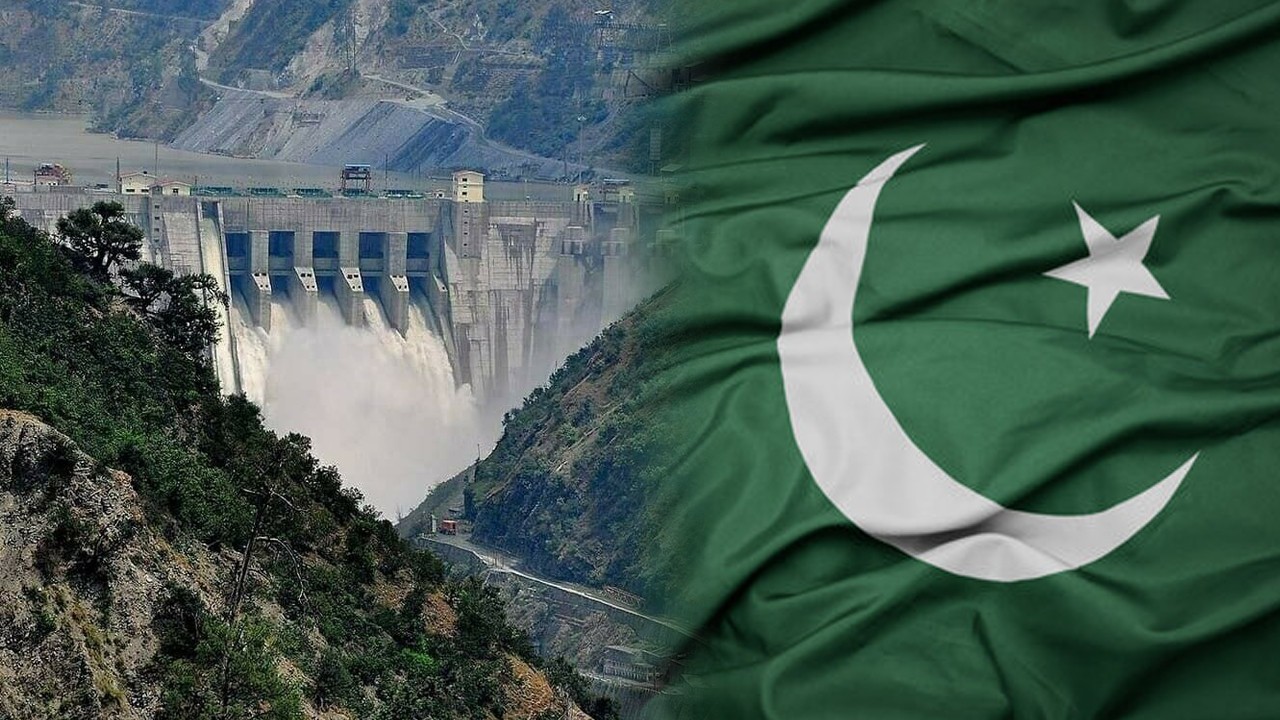
Web desk
|
23 Apr 2025
In a significant geopolitical move, India has suspended the Indus Waters Treaty (IWT) with Pakistan following the recent terror attack in Pahalgam.
The decision was announced after a Cabinet Committee on Security (CCS) meeting chaired by Prime Minister Narendra Modi.
Originally signed in 1960 and brokered by the World Bank, the Indus Waters Treaty is a key water-sharing agreement between India and Pakistan. Under its terms, India has rights over the eastern rivers—Ravi, Beas, and Sutlej—while Pakistan receives water from the western rivers—Indus, Jhelum, and Chenab.
The treaty has long been seen as a symbol of cooperation between the two nations, even during times of heightened tension.
However, the recent attack in Pahalgam, which India has linked to Pakistan-based militants, has prompted a strategic shift in policy.
Read: Pahalgam attack: PM Shehbaz calls NSC meeting after India suspends Indus Waters Treaty
What the Treaty Entails
-
The Indus Waters Treaty allows Pakistan to receive about 80% of the total water flow from the river system, crucial for agriculture and drinking water.
-
India retains limited rights to use water from the western rivers for irrigation and hydroelectric power.
Why the Treaty Was Signed
After the partition in 1947, the Indus River system became a contentious issue. A temporary stoppage of water flow to Pakistan in 1948 led to the involvement of the United Nations and eventually the World Bank, which helped mediate a solution over nine years.
The resulting treaty aimed to establish a framework for peaceful management of water resources shared by both countries.
Potential Impact on Pakistan
Pakistan's reliance on the Indus River system is extensive:
-
80% of its agricultural sector depends on this water supply, particularly in Punjab and Sindh.
-
The Indus basin provides about 154.3 million acre-feet of water annually.
-
Agriculture accounts for 23% of the country’s GDP and supports nearly 68% of the rural population.
The suspension of the treaty could lead to:
-
Disruption in irrigation and crop yields
-
Increased food insecurity
-
Economic instability in rural regions
-
Additional pressure on already stressed water infrastructure and storage systems
Major dams like Mangla and Tarbela hold only about 10% of Pakistan’s annual water share, leaving the country with limited resilience against such disruptions.





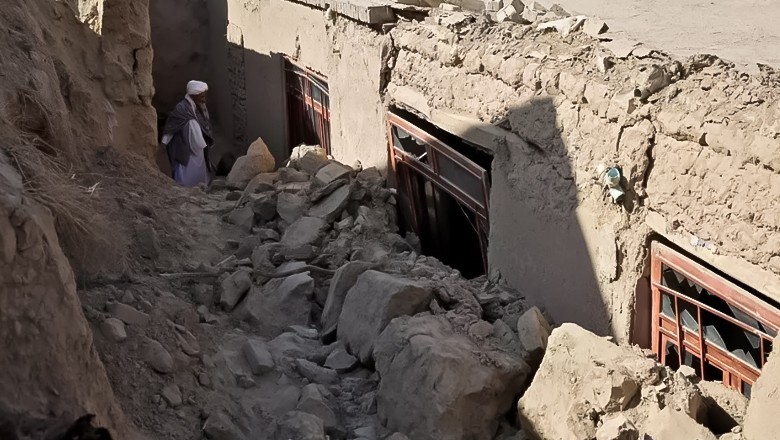


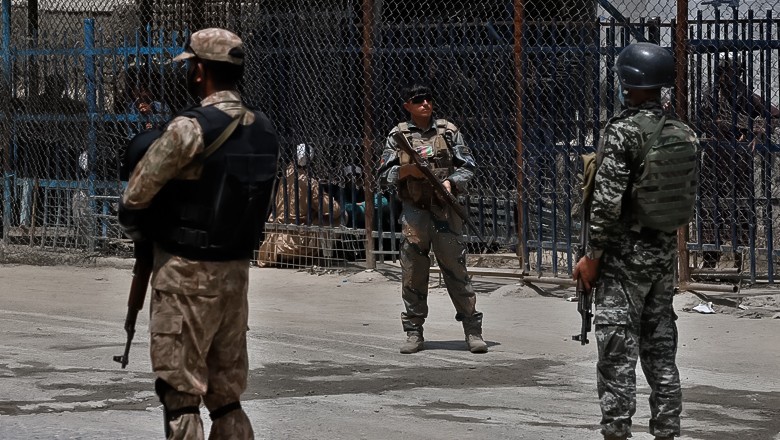
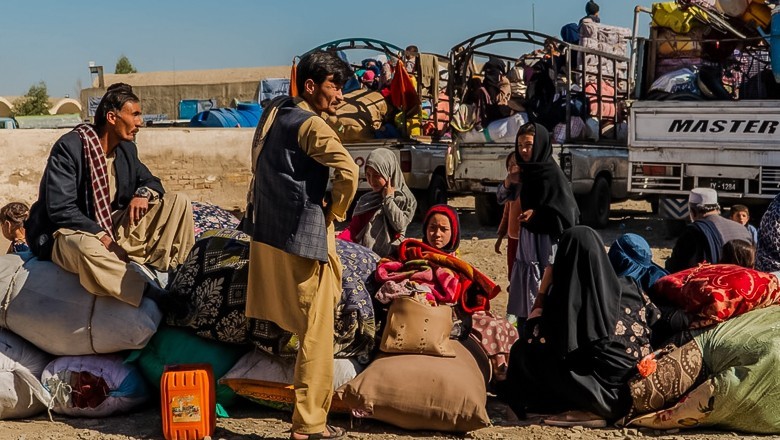
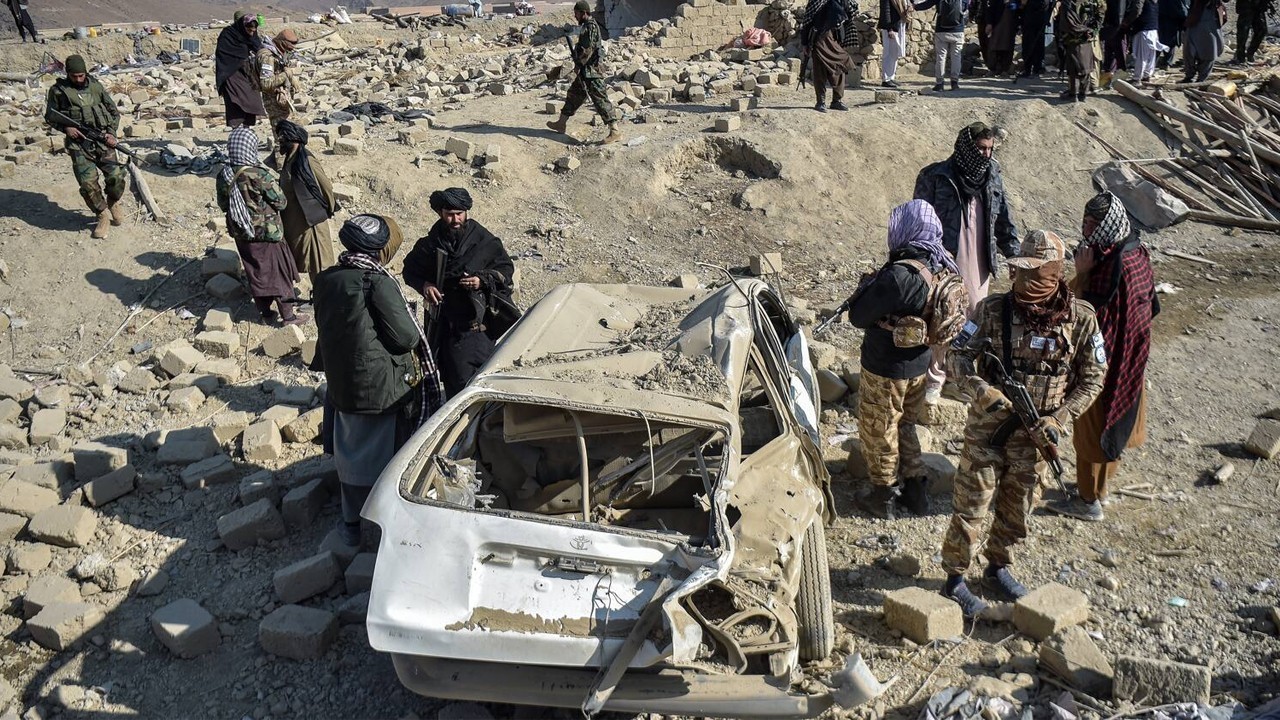
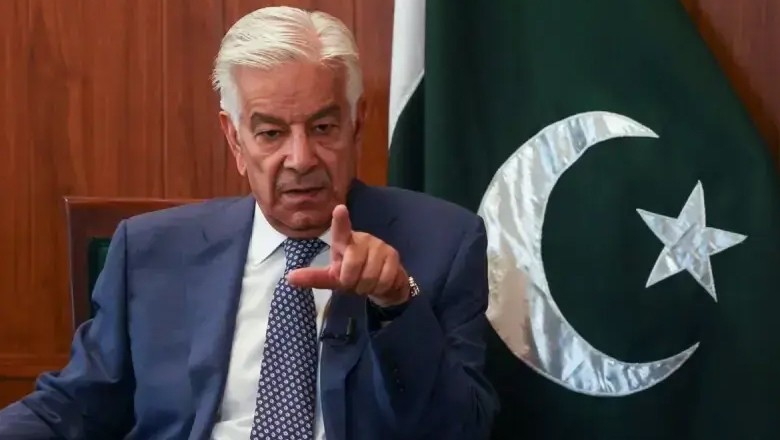
Comments
0 comment